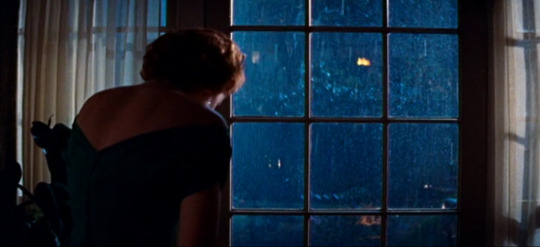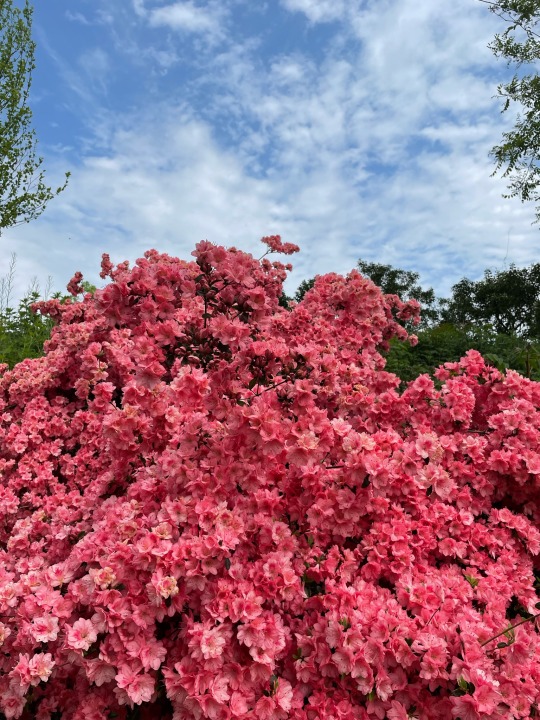Photo
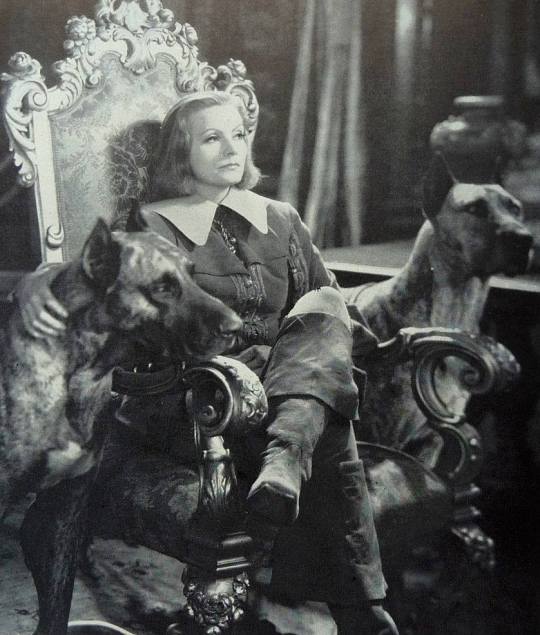
Greta Garbo “La reina Cristina de Suecia” (Queen Christina) 1933, de Rouben Mamoulian.
208 notes
·
View notes
Text
“The clear midnight sky, under my closed lids. Still shines…! I am drunk from so many roses Redder than wine.”
— Renée Vivien, from Roses Rising; The Muse of Violets: Selected Poems (tr. by Catharine Kroger)
193 notes
·
View notes
Photo

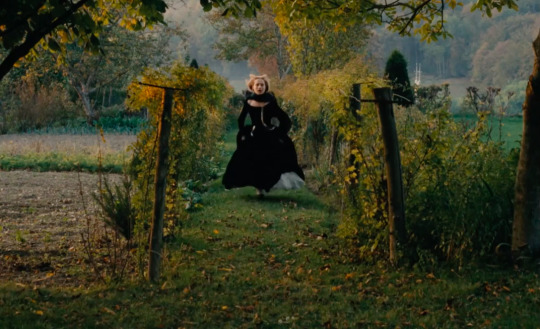
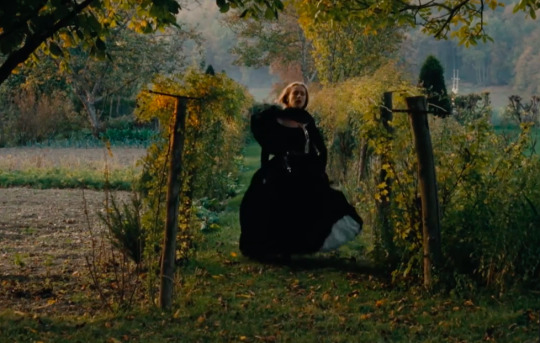
Isabelle Huppert dans “Madame Bovary” de Claude Chabrol (1991) - inspiré du roman épnonyme de Gustave Flaubert (1857) - octobre 2021.
587 notes
·
View notes
Text
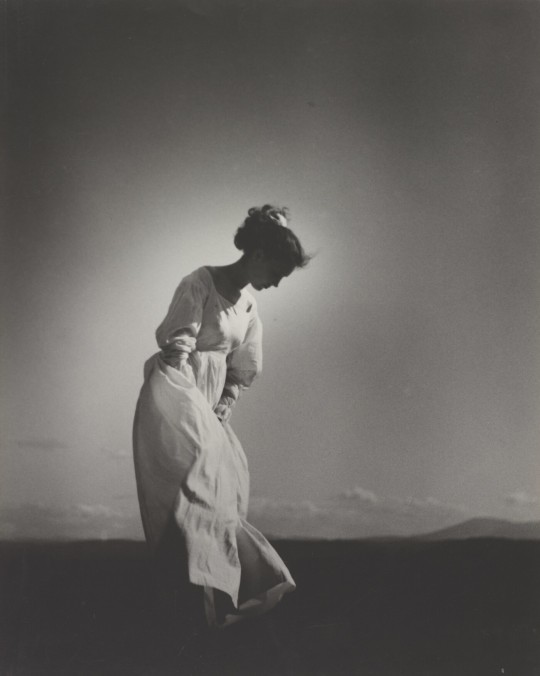
Nell Dorr (1893-1988) :: Barbara (Dorr) Tenery on a hilltop, ca. 1940. | src Amon Carter Museum
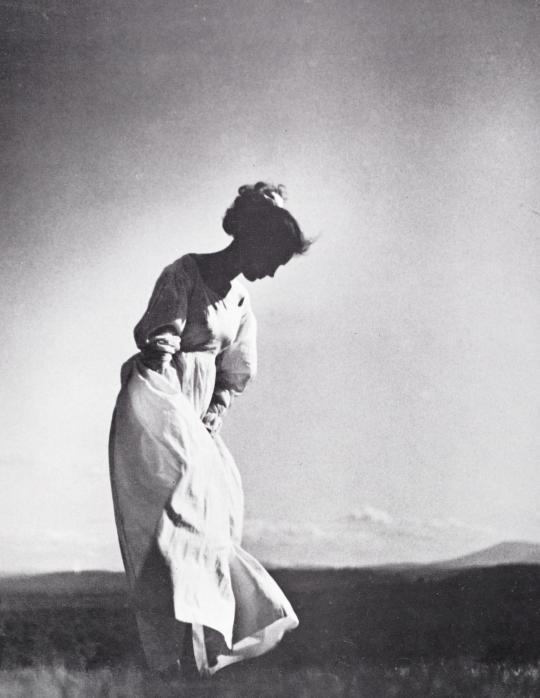
From: Mother and child by Nell Dorr, San Francisco, Scrimshaw Press, 1972. | src internet archive
298 notes
·
View notes
Text

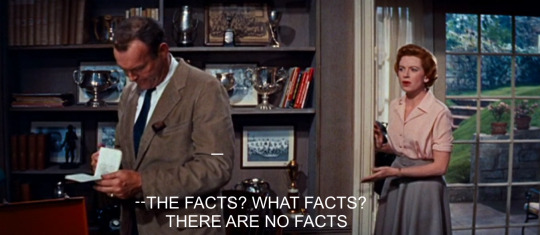
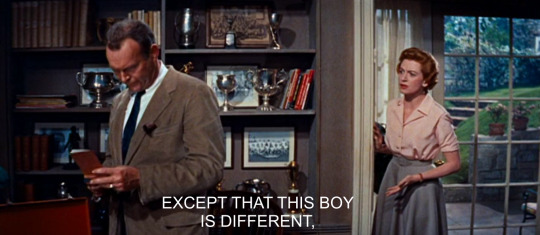
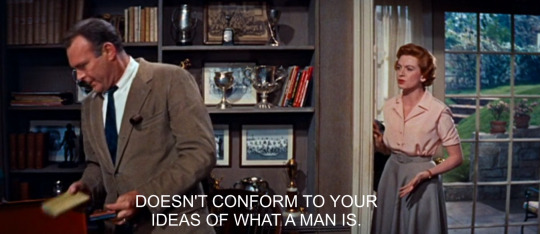

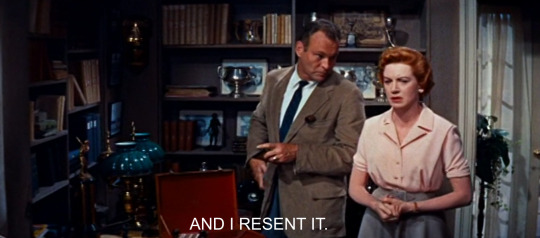
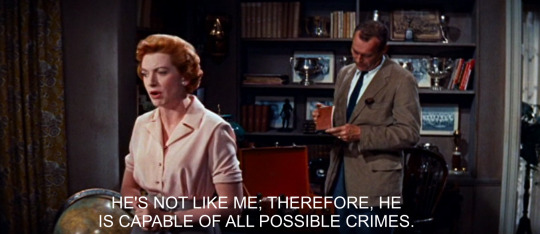
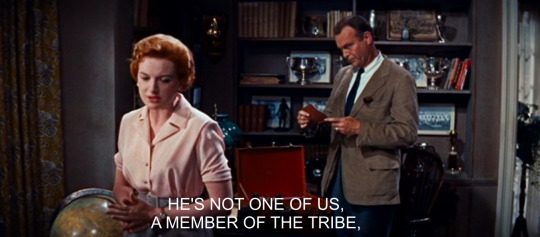
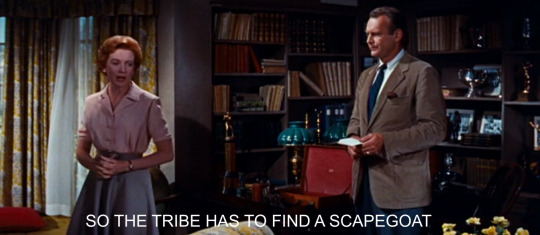
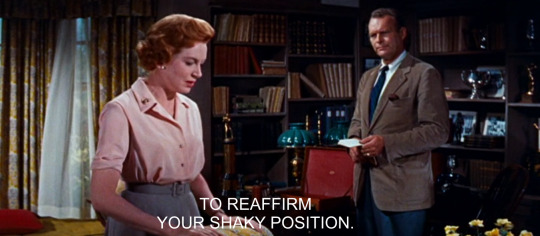
TEA AND SYMPATHY (1956) dir. Vincente Minnelli
72 notes
·
View notes
Audio
Janáček : “Dumka”, pour violon et piano, JW VII : 4 (Con moto)
Hagai Shaham (violon)
Arnon Erez (piano)
Enr. 2009
13 notes
·
View notes
Photo

“Sylvia Townsend Warner with cat Tom, Frankfort Manor, 1933.”
232 notes
·
View notes
Photo

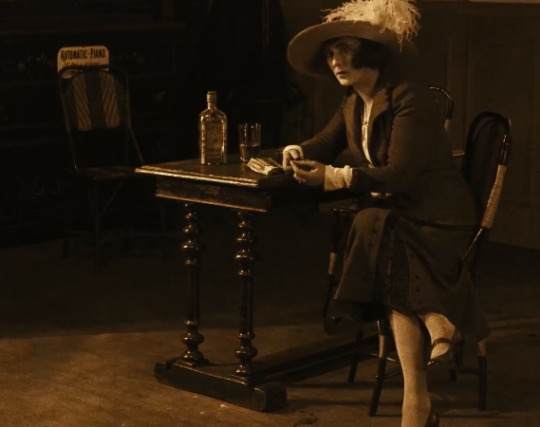


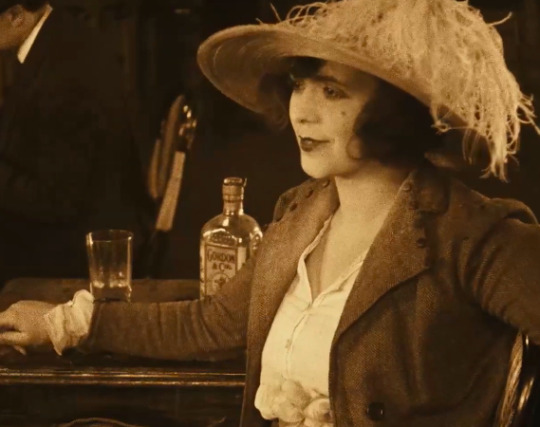
Fièvre (1921) dir. Louis Delluc
19 notes
·
View notes
Quote
Her disquiet had no relevance to her life. It arose out of the ground with the smell of the dead leaves: it followed her throughout the darkening streets; it confronted her in the look of the risen moon. “Now! Now!” it said to her: and no more. The moon seemed to have torn the leaves from the trees that it might stare at her more imperiously. Sometimes she tried to account for her uneasiness by saying that she was growing old, and that the year’s death reminded her of her own. She compared herself to the ripening acorn that feels through windless autumnal days and nights the increasing pull of the earth below. That explanation was very poetical and suitable. But it did not explain what she felt.
Sylvia Townsend Warner, Lolly Willowes
(via pink-lemonade-rose)
30 notes
·
View notes
Text
“When you read a text, you’re on your own time. That is not the case in film. In fact, in film, you’re dominated by my time. But time is different for everyone. Five minutes isn’t the same thing for you as it is for me. And five minutes sometimes seems long, sometimes seems short. Take a specific film, say, D’Est: I imagine the way each viewer experiences time is different. And on my end, when I edit, the timing isn’t done just any way. I draw it out to the point where we have to cut. Or take another example, News from Home: How much time should we take to show this street so that what’s happening is something other than a mere piece of information? So that we can go from the concrete to the abstract and come back to the concrete—or move forward in another way. I’m the one who decides. At times I’ve shot things and I’ve said, “Now this is getting unbearable!” And I’ll cut. For News from Home it’s something else, but I have a hard time explaining it. I’m in the middle of writing a book about all this, and I’m finding it very difficult to explain. Today I’ll write about time—I write more or less every day because I have very little time to do it—and it’s too soon.”
Chantal Akerman
29 notes
·
View notes
Text
“Most of the time I make an image head on. I don’t think that a frontal image is idolatrous, because it’s a face-to-face with the other. But I realized that later, not at the beginning. The other will be in my place when they’re sitting in the movie theater. Which is the same thing one could say about time: We sense time, so we sense ourselves. Face to face with an image, we sense ourselves. We are always on the outside when it comes to the other. Proust, when he speaks of kissing his grandmother, says, “But I was only kissing the exterior!” That really struck me. It’s this exteriority that is under examination in my films. It’s the same thing with time, because the other doesn’t have the same experience of time. His own time comes into play, and his perspective comes into play, and it’s a gaze directly at you. Which cannot be denied. So that’s not voyeurism. If you looked up, down, to the side, etc., you would be a viewer-voyeur. And that’s not happening here.”
Chantal Akerman
26 notes
·
View notes
Photo
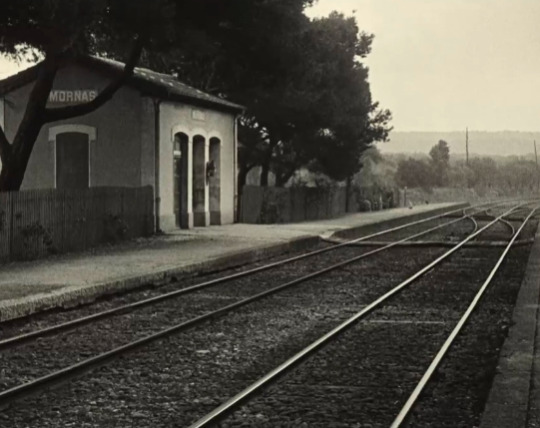




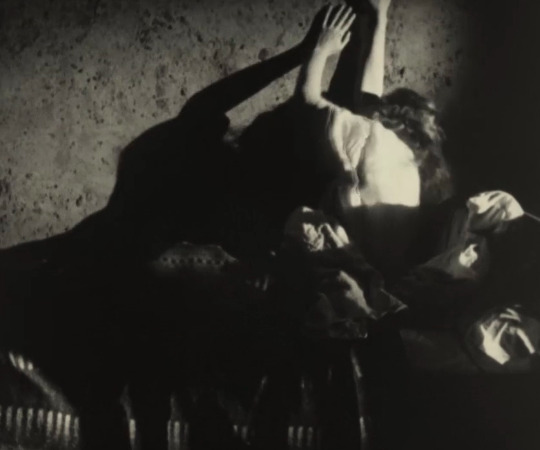
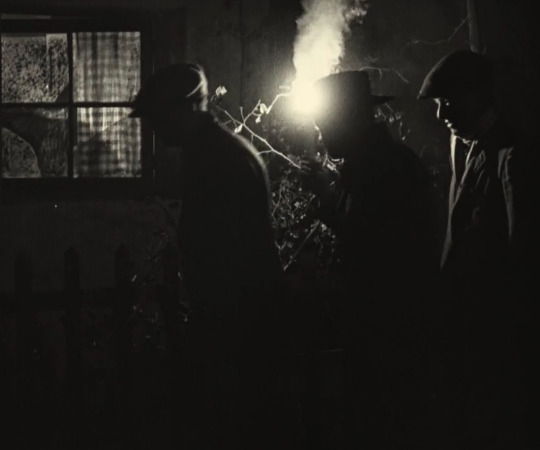

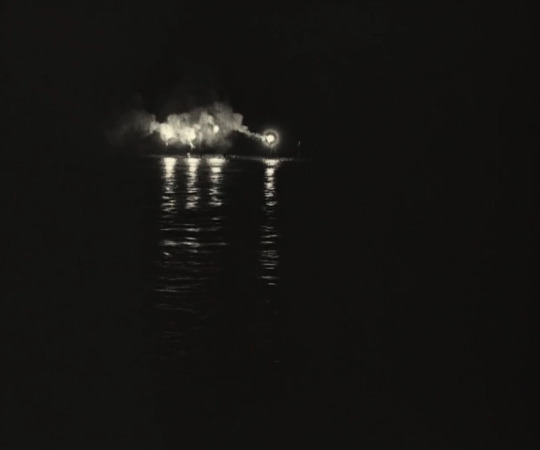
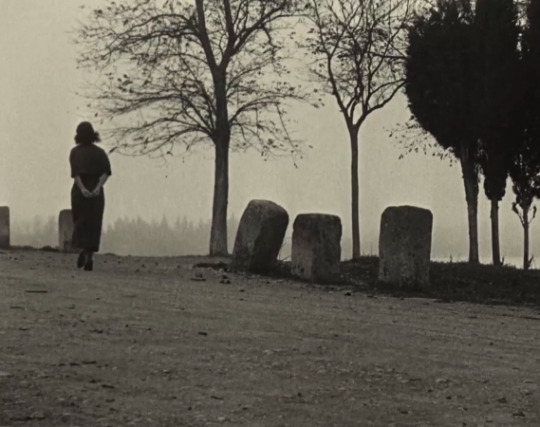
L'Inondation (1923) dir. Louis Delluc
25 notes
·
View notes


